President William Ruto has sharply responded to the Kenya Conference of Catholic Bishops (KCCB) following their scathing critique of his administration.
The bishops had accused the government of mismanagement, unfulfilled promises, and high taxation, warning that the country was heading in the wrong direction.
They also raised concerns over human rights violations, including alleged abductions by state agencies, and the government’s failure to clear debts owed to faith-based hospitals by the National Health Insurance Fund (NHIF).
Speaking during a graduation ceremony at Tangaza University, Ruto urged the clergy to focus on facts, cautioning against what he described as misinformation.
He emphasized the importance of accurate discourse, asserting that spreading unverified claims undermines societal trust.
Although he did not explicitly name the bishops, his remarks came amid widespread backlash from leaders within his administration, who also dismissed the bishops’ criticisms.
The bishops had previously issued a statement titled Cry of the Oppressed, in which they accused the government of sidelining the church from welfare initiatives, particularly in health and education.
They pointed to two controversial bills—the Basic Education Bill, 2024, and the Universities (Amendment) Bill, 2024 which they claim aim to curtail the influence of faith-based institutions in managing schools and universities.
They also called for action to address the doctors’ strike, which they said is exacerbating the crisis in faith-based hospitals crippled by NHIF debts.The government’s rebuttal was swift.
Cabinet Secretaries for Health and Education denied the claims, with CS Debra Barasa labeling allegations of unpaid NHIF dues as “misleading.” She highlighted recent efforts to settle arrears, including disbursing billions to health providers.
Similarly, Education CS Julius Migosi refuted assertions that the sector is in disarray, defending the government’s implementation of the Competency-Based Curriculum (CBC) and funding of higher education.
The confrontation reflects growing tensions between the government and the church, traditionally seen as a moral voice in Kenya. Analysts suggest the bishops’ critique stems from frustrations over unaddressed concerns despite earlier engagements with the administration.
Ruto’s call for factual discourse appears to be a strategic move to manage public perception while addressing dissent within key societal pillars.This public disagreement highlights a broader struggle for accountability and influence, with the church insisting on its role as a watchdog while the government defends its record amid increasing scrutiny.





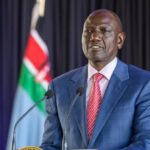

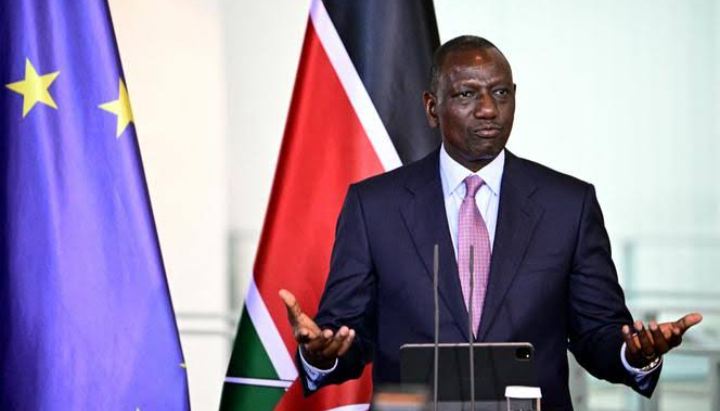
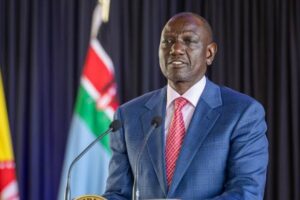
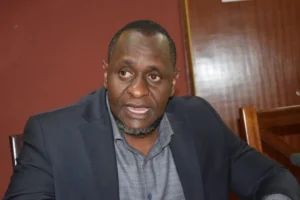
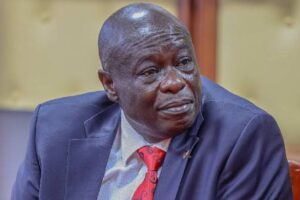
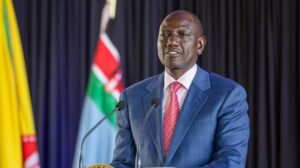

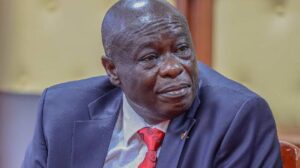
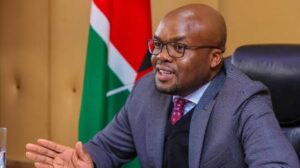
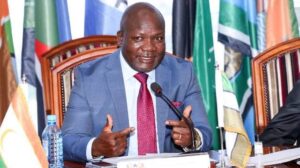
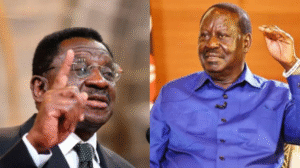
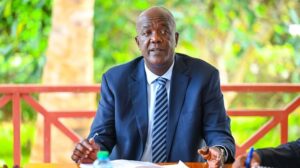
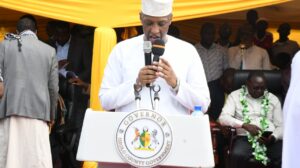
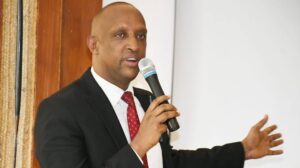
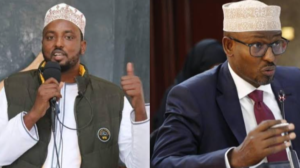
Add Comment